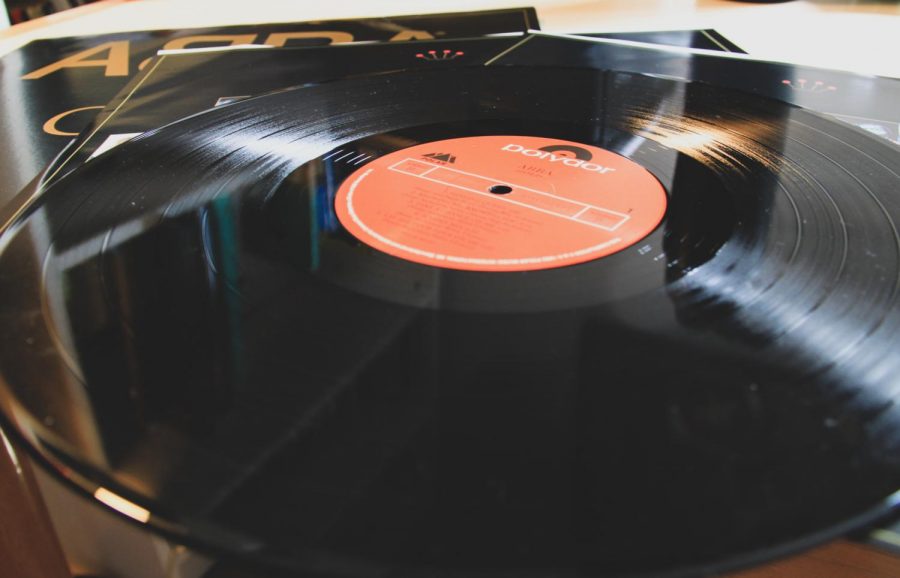April is the most glorious month of the year for vinyl junkies, veterans and rookies alike. Unheard live performances, digital album giants and new singles are released in limited numbers in celebration of the now-retro format for listening to music: vinyl. Nearly 1,400 independently owned record stores open their doors for their highest sales of the year, a critical boost to their typically-slim profit margins.
Record Store Day began in 2008 as a way to support independently owned record stores in the music industry, and since has become significant in the continued sales of the vinyl platform. A Nielsen Music report recorded that Record Store Day 2019 was the third-largest sales week for vinyl since 1991, and compared to the week before, sales rose 193%.
Record Store Day has now been moved from April 18 to June 20 due to concerns over the ongoing coronavirus pandemic. But what if record stores can’t survive until June?
There’s no denying that vinyl has become a niche medium and I can’t help but wonder if my local stores will be able to weather the storm without their usual boost in sales. I’m nervous that there won’t be a Record Store Day at all to celebrate this year. The potential loss of not just this event, but the space it’s held in as well, threatens a source of community I hold very dear.
I have seen the imminent distress of the coronavirus combated by communities, particularly through music. City sing-alongs have occurred from Chicago to Sienna, Italy with the hopes of easing sorrow and anxiety amidst a perplexing time. Artists are providing live streams of free concerts to spread positivity and entertain those tired of isolation. For me, record stores provide a similar, more personal relief. The process of excavating through bins of albums with a musty aroma is often more cathartic than listening to the album itself. The uber-knowledgeable employees and, often, similarly cultured customers are a community that enhances my enjoyment of music. Although I have my collection of records at home, it feels as though I’ve been stripped of that community in a time of frustration and loneliness.
Record stores are a very tangible part of the music community and a concrete part of an industry that has trended increasingly digital and individualized. The loss of a record store is a loss to a neighborhood or city, a loss of refuge to those musically or artistically absorbed individuals, the middle schooler just getting into music and the father or grandfather still captivated by the sounds of their childhoods.
Record Store Day itself is not only a financial opportunity for the stores, but also a celebration of what these stores offer to the music community. I am impatiently awaiting the excitement of reconnecting with the vinyl community physically, on its most lively day, with everybody elated to leave their houses and stand in line, even if it has to be six feet apart.
Email Ana Cubas at [email protected].


























































































































































